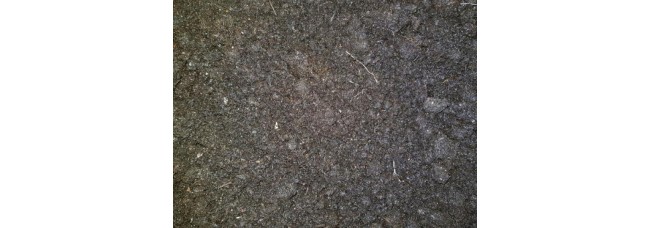Peat Free Compost: What Is It & Why Use It In Your Garden?
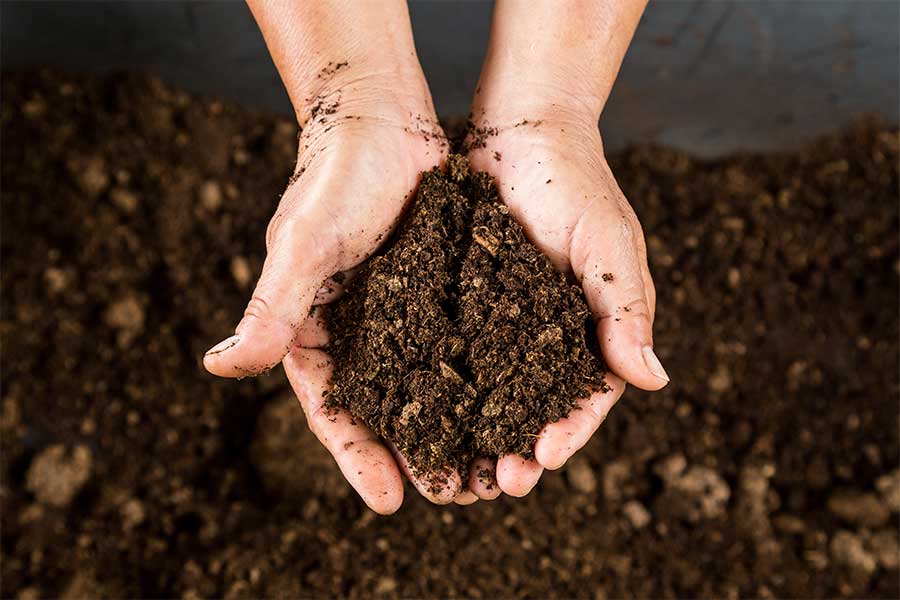
Peat-based composts have long been a gardening staple, but more sustainable options are stepping up to take their place. In fact, using a peat free alternative could soon become law, given the detrimental environmental effects posed by peat extraction. But what exactly is peat free compost and does it work as well as traditional mixes? In this guide, we’ll outline key ingredients to look for, tips for best results and reasons why you should make the switch.
Why are peat based composts being phased out?
Although composts containing peat are nutrient rich and great for conditioning soil ahead of planting, they are problematic for several reasons. Firstly, peat is a non-renewable resource developed from the remains of plants and animals over millennia. This mix is then extracted from the beds of bogs and wetlands, impacting bird and wildlife habitats in the process.
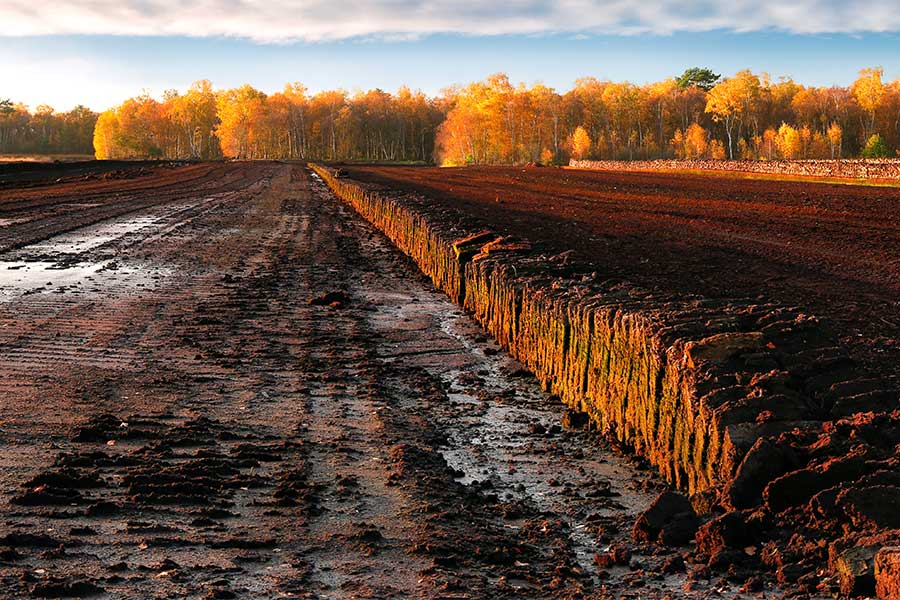
Additionally, as peatlands hold large amounts of carbon dioxide, disturbing them releases harmful greenhouse gases into the environment. As such, we need to keep these natural stores intact in the fight against climate change. Similarly, peatlands soak up rainwater and release it slowly, providing a defence against flooding – so removing them is far from ideal.
However, many gardeners were reluctant to swap to peat free composts in the past, due to less consistent results. And if you’re one of them, we hope this post will be reassuring! Experts have been working to create peat free alternatives for some years and there have been vast improvements since the early days. So much so that the Royal Horticultural Society has now gone 98% peat free throughout its gardens, with many others following suit.
What does peat free compost contain?
So what sort of ingredients does peat free compost utilise instead? Well, it is made from a variety of organic materials, such as rotted bark and wood waste which improve aeration and drainage. Along with water retaining coir (coconut husk), enriching green compost and moss, plus inorganic substances like sharp sand too. Of course, precise ingredients vary between brands and types of compost, but each combination is designed to optimise plant growth.
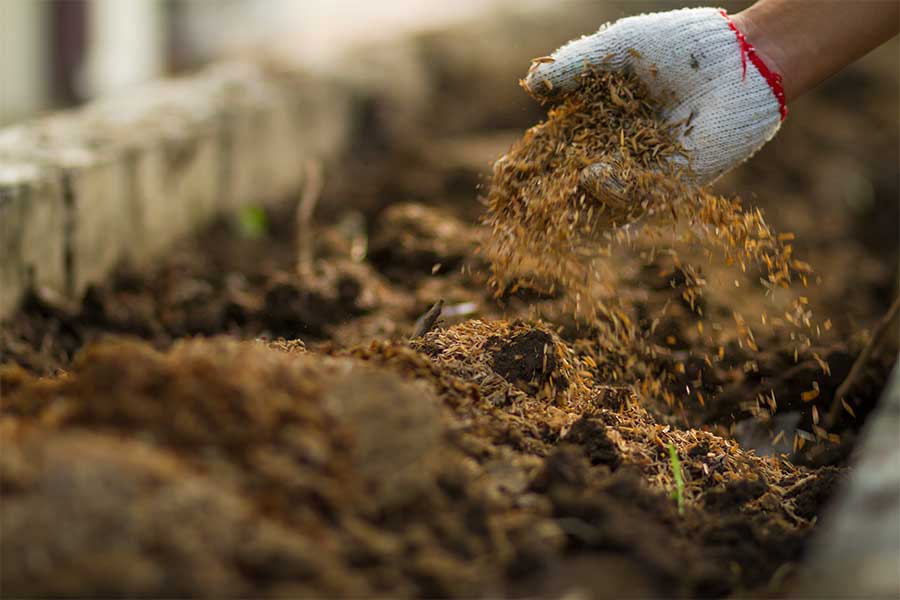
For example, top-rated Melcourt Peat Free Multi-Purpose Compost contains composted green waste and conifer bark to promote stronger roots. Plus slow-release fertiliser to feed your growing plants for several months. Prefer organic compost? Try peat free Sylvagrow Compost by the same brand – both RHS endorsed and on sale at 5 bags for the price of 4!
Are there any downsides to going peat free?
While we strongly recommend switching to peat free compost for the environmental benefits, there are a couple of things to consider. Namely, that these mixes hold onto water for longer, especially if they contain bark or other wood products. With that in mind, you’ll need to water your plants less frequently. You should also aim to moisten, rather than soak them. If they look dry on top, lift the plant out of the pot and check underneath before watering. The soil below may well be moist enough already, so don’t re-water unless it’s three quarters dry!
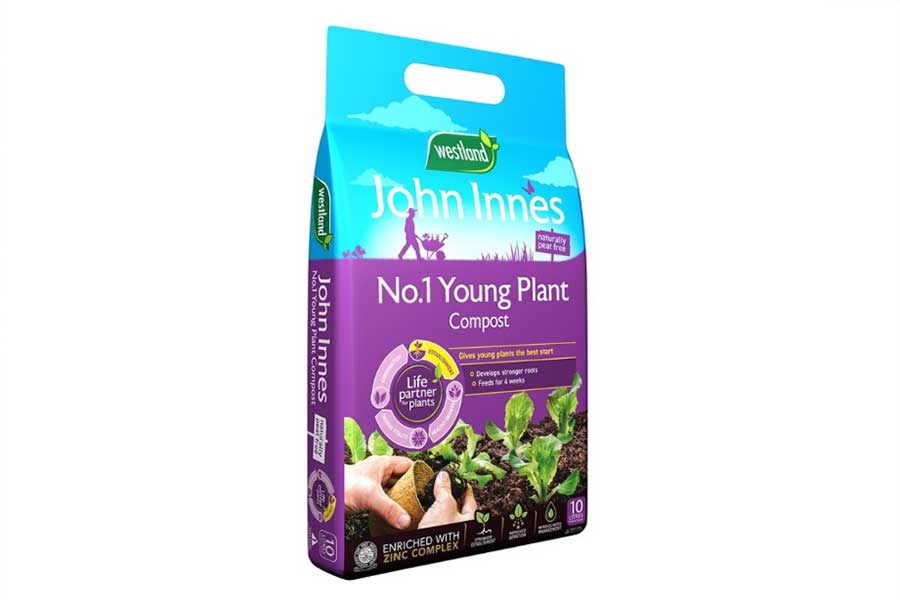
If you’re planting seeds, you will also need to take extra care. To start, be sure to choose a finely milled compost specifically for seeds and cuttings. For instance, Westland’s John Innes No.1 Young Plant Peat Free Compost which is designed to help young plants establish effectively. You should also opt for containers with plenty of drainage holes to aid excess water runoff and to prevent waterlogging. It’s also a good idea to aerate the soil before planting to reduce the risk of growth-stunting clumps that could inhibit seed germination.
Choosing a peat free compost
As mentioned, selecting the best peat free compost for your particular type of plants is key to success. Rhododendrons, for example, like ericaceous compost, while carnivorous plants require fibrous mixtures like moss and rotted bark to thrive. At Oxford Garden Centre, we stock a number of high quality peat free products for different applications.
Miracle-Gro Peat Free Premium All Purpose Compost is a good all-rounder, formulated to enhance growth and prevent plants drying out. Westland’s New Horizon Compost, on the other hand, is ideal for vegetable patches and nourishes for up to 6 weeks. Likewise, their loam-based compost contains potassium humate to aid shoot development when potting on.

For larger projects, we can also supply affordable 600L bulk bags of our own-brand peat free compost. This features a blend of organic compost, bark and coarse sand, with a touch of organic fertiliser to boot. The result is a ready-to-use pH balanced compost that will condition your soil for better plant development.
Need help transporting your compost? We offer free kerbside delivery of bulk bags to all Oxfordshire postcodes, plus a select number of RG and HP postcodes.
Shop peat free alternatives at Oxford Garden Centre
Ready to make the switch to peat free compost? Browse the full collection online, including mixtures for seedlings through to more mature plants. Additionally, we stock multiple liquid fertilisers and feeds to top up nutrients in the soil as needed throughout the growing season. As well as specialist composts with reduced levels of peat, where peat free alternatives aren’t yet available. For example, Westland’s bestselling Jack's Magic Compost 50:50 and Westland Ericaceous Planting & Potting Mix – perfect for rhododendrons and azaleas.
Prefer to visit us in store and browse your options in person? We’re open 7 days a week, with various composts and plants to choose from. Our team will also be on hand to provide advice on suitable products and arrange delivery as needed, with no minimum order value.
Happy planting!


